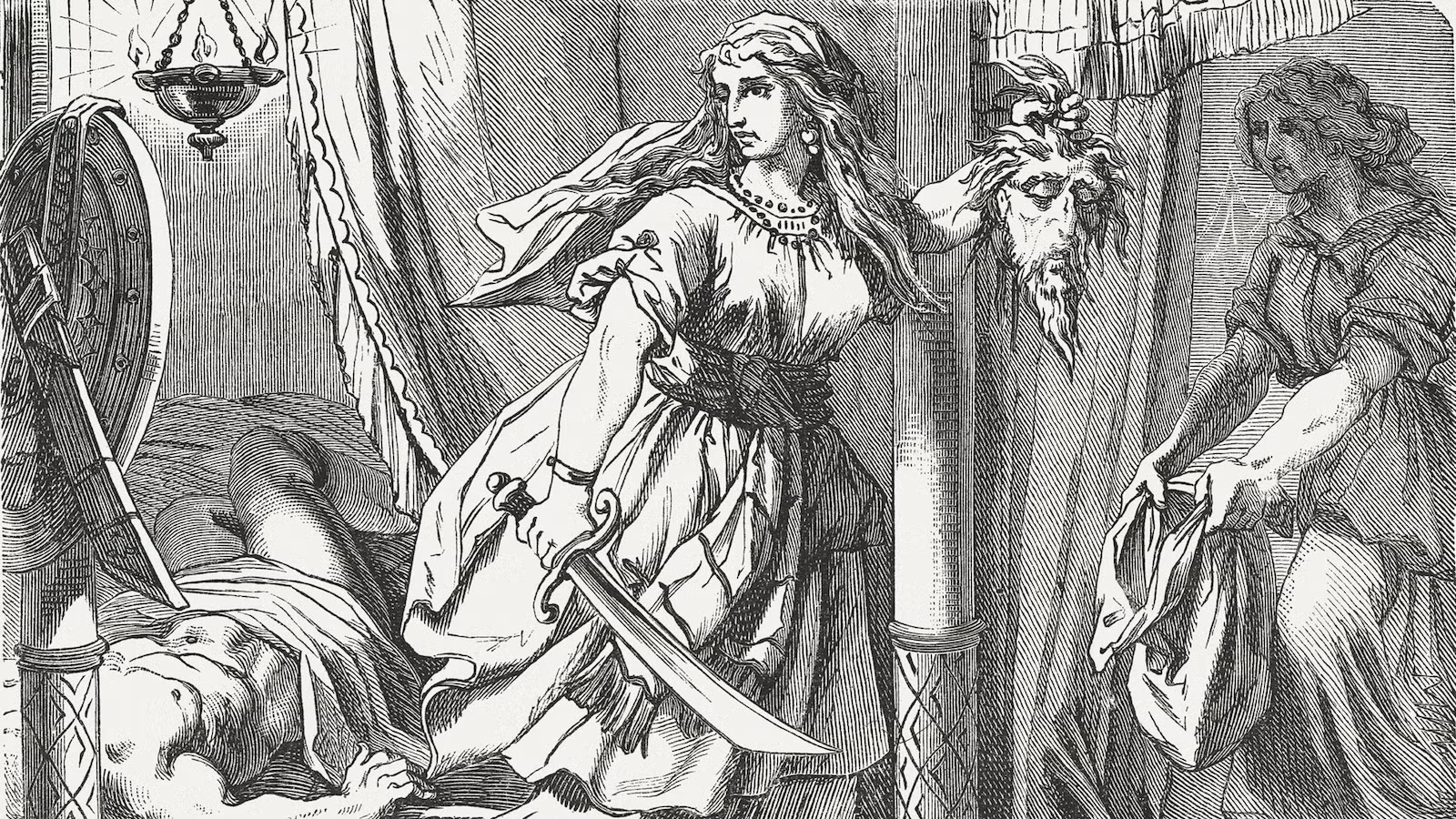How Ancient Jewish Writings Reframe the Origin of Sin
The Genesis account of Adam and Eve has long shaped the traditional view of sin’s origin—centered on disobedience and the tasting of forbidden fruit. But dig deeper into Second Temple texts, Jewish apocrypha, and the Dead Sea Scrolls, and a more complex, even startling, picture of sin begins to emerge—one that reframes the origin of sin not as a singular act, but as an ongoing metaphysical condition.
In these writings, sin is not just about breaking divine commandments; it’s a cosmic problem connected to internal struggles and external forces. One of the most profound insights is the concept of the evil inclination (yetzer hara), a deeply rooted drive within human beings toward selfishness, violence, and rebellion. This idea appears in texts like Ben Sira (Sirach 15:14) and is later explored in rabbinic literature (cf. Mishnah Berakhot 9:5). Instead of being inherited guilt from Adam, sin becomes an inherent part of human nature—something each person must confront individually.

The Jewish apocrypha—especially works like 1 Enoch and The Wisdom of Solomon—shift blame from Adam to other figures, such as the fallen angels who introduce forbidden knowledge and corrupt humanity. In 1 Enoch 6–16, the Watchers descend to earth, marry human women, and teach humanity secrets that lead to destruction (Nickelsburg, 1 Enoch, 2001). This perspective hints at the metaphysical origins of sin: sin as something introduced through cosmic rebellion, not simply human error. The Wisdom of Solomon 2:24 even states, “Through the envy of the devil, death entered the world,” reframing Eden through a Hellenistic-Jewish lens.
The Dead Sea Scrolls take this even further. Within the scrolls are dualistic texts—like the War Scroll (1QM) and Community Rule (1QS)—that describe a divine division between the “Sons of Light” and “Sons of Darkness.” In 1QS III–IV, humanity is said to walk according to “two spirits,” one of truth and one of perversity, suggesting divine predestination. In this Dead Sea Scrolls perspective, sin is not merely a moral failure but a spiritual alignment—deeply tied to the fate of the soul and the cosmic unfolding of divine justice.
Also Read: Why Myths Often Begin with Truth
Collectively, these Second Temple texts and related traditions do not negate the Genesis narrative—they deepen it or, in some cases, make it unnecessarily complex. They offer a multidimensional view in which sin is not just a moment in Eden but a force in the universe, an inherited tendency, and a moral mystery. For early Jewish thinkers, the story of sin was not about blame—it was about understanding humanity’s place in a fractured, sacred world and the path back to righteousness.

